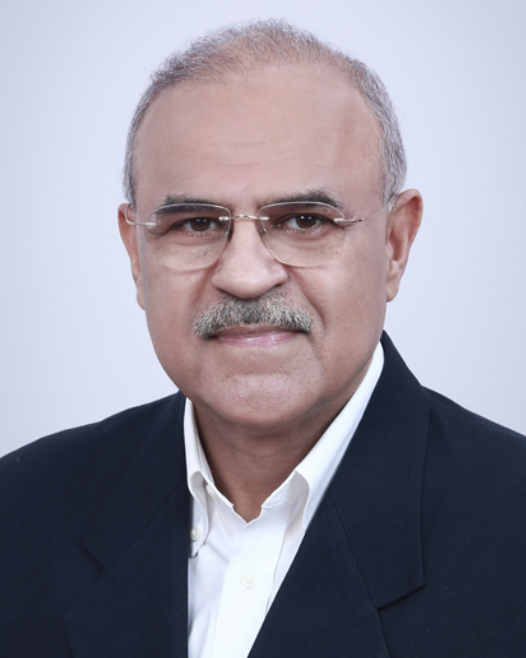
Dr (Colonel) Avnish Kumar Seth, a transplant hepatologist at Manipal Hospital New Delhi, heads Manipal Organ Sharing & Transplant (MOST), a deceased donation and transplant initiative for 27 Manipal Hospitals in India. Over the last 16 years he has successfully led similar initiatives at eight Armed Forces hospitals as Director of Armed Forces Organ Retrieval and Transplant Authority (AORTA) and 18 Fortis Hospitals as Head, Fortis Organ Retrieval and Transplant (FORT). His Seth-Donation of Organs and Tissues (S-DOT) score is widely used for assessment of hospitals for best practices in the field. He established the IDEAL (Immediate Donation of Eyes After Life) protocol, a nursing and smart phone based system of counselling families for cornea donation. With over 100 publications, he has actively participated in ISODP Congress held at Seoul, Geneva and Dubai. Dr. Seth is member of Apex Technical Committee of National Organ and Tissue Transplant Organization (NOTTO) and member of Advisory Board on organ donation for States of Haryana and Sikkim. He is the lead author of the Expert Group that developed joint consensus statement on DCDD in India in 2022. He has been awarded Vishist Seva Medal by the President of India for organ donation and transplantation.
Directed deceased donation: Experience from India
Avnish Seth1, Sukhvinder Lal1, Sumana Navin2, Twinkle Singh3, Sunil Shroff2, Anant Kumar4.
1Manipal Organ Sharing & Transplant, Manipal Hospitals, New Delhi, India; 2MOHAN Foundation, MOHAN Foundation, Chennai, India; 3Fortis Organ Retrieval & Transplant, Fortis Hospitals, Gurugram, India; 4Urology & Kidney Transplant, Max Hospital, New Delhi, India
Introduction: Directed Deceased Donation (DDD) is a request made by the donor family for allotment of an organ to a specific recipient for transplantation. The concept of DDD is not universally accepted because of ethical considerations. We describe the Indian experience with DDD.
Methods: Experts in the field of organ donation in India were asked to recall and share instances of DDD since 2010. Case records from transplant coordinators involved in the processing of request for DDD were retrieved and studied.
Results: There were 5 instances of approach by family for DDD, of which 4 were allowed by the State authorities. In 2010, father of a 5-years girl with head injury received both kidneys at Chennai. The liver, heart valves and corneas were also donated. The family had stated that they would like to donate all organs, even if the request for DDD was denied. In 2016 the brother of 45 years male with intra-cranial haemorrhage received a kidney at Mumbai. The heart, second kidney and corneas were also donated, while the liver was unfit for donation. In 2018, a kidney was donated to the daughter-in-law’s father by a 55 years male with brain tumour, based on his will. All other organs were also donated. In 2018, family of 48 years female agreed to donation of all organs if one kidney was allotted to her brother. Over 5 days, serum creatinine rose from 1.5 to 4.2 mg/dl. The family was counselled on the need for donor optimization and the risks and prolonged recovery time associated with transplanting the kidney. They refused to accept the higher risk and decided not to accept the kidney. Disappointed at the outcome, they decided not to donate any of the organs. In 2021, a family requested for allotment of a liver of 24 years male with brain haemorrhage to a distant relative. The request was denied by the state authorities and the family refused to go ahead with donation of any organ.
Conclusion: There is no mention of DDD in Transplantation of Human Organs and Tissues Act 2011 or the Rules of 2014 in India. National and State Organ and Tissue Transplant Organizations now allow DDD on case-to-case basis provided the recipient is a near relative, as defined by the law. Also, it is mandated that the prospective recipient should have registered on the waiting list for deceased donor transplantation and the donor family consents to donation of all organs.